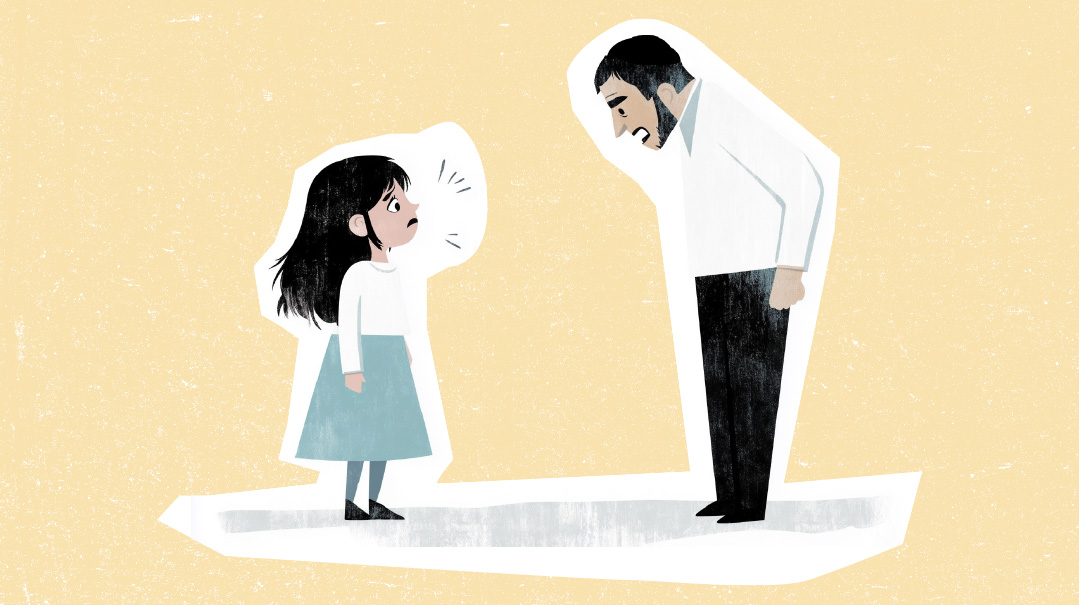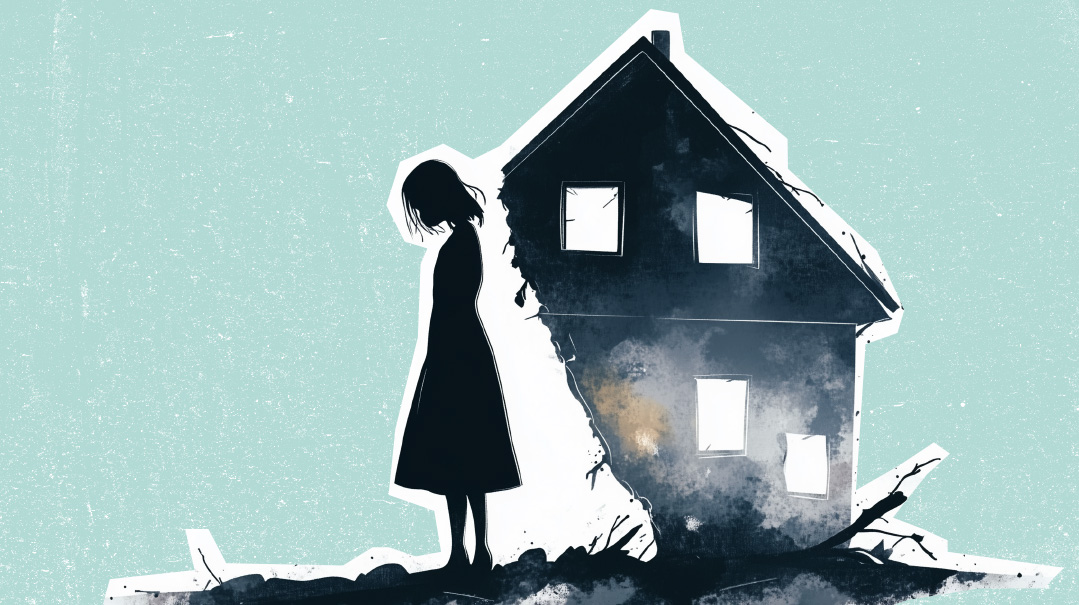“Can I Still Fix My (Grown) Children’s Childhood?”

Your kids, now grown up, are like liquid batter that has been fully baked

My children aren’t little anymore, and I fear they didn’t always feel loved. I wasn’t equipped with proper parenting skills, and definitely didn’t know the 80/20 rule. I’m ashamed to admit that harsh criticism and firm discipline weren’t rare. In the hope that it’s never too late, what do you suggest I do to help my kids heal?
When we’re in the midst of raising our children, we’re young — sometimes hardly out of childhood ourselves! Hashem assigns us one of the most important, difficult tasks we’ll ever face when we have limited life experience and our knowledge and models are primarily sourced from a tiny handful of people (our own family of origin). We’re all lacking in crucial skills when we start off on the parenting journey.
Obviously, Hashem wants it that way. Now that you’re older and wiser, you’ve learned more; now you recognize that your parenting style may have left your children feeling inadequate, insecure, or otherwise unloved. Now you want to fix it.
Here’s the bad news: you can’t.
To explain why, let’s use a metaphor. Suppose you’re baking a chocolate cake. You mix together liquid and dry ingredients and pour the batter into a pan. When it’s ready, you suddenly recall that you left the sugar out of the batter! You decide to try to save it by sprinkling sugar on top — at least that way, there will be a bit of sweetness in every bite. When you serve the cake to the family, you warn them that it’s not up to par because you know — despite the added sugar — that the inside hasn’t changed.
Your kids, now grown up, are like liquid batter that has been fully baked. In fact, I like to use a different but similar metaphor to explain the influence that parents typically have on the inner world of their child: wet cement. When a child is under six years old, the “cement” of his psyche is wet, and a parent can easily lay down a permanent footprint in it. As the child develops in the school years, the cement dries somewhat, and the parents have a slightly harder time making their imprint, but can still easily leave a lasting impression. As a child becomes a teenager, the cement is dryer, but traces of a footprint can still be imprinted.
But by young adulthood, the cement is hardened and now a sonic drill is required to break it up and rebuild it. (Hashem will be the construction worker in this case.) These metaphors highlight how you, as a parent, can’t just come in and change the inner workings of your adult child’s heart and mind. You can “sprinkle sugar on top” by being more positive now, offering praise, support, encouragement, affection, and other forms of warmth. You can also severely curtail less pleasant forms of communication. Your kids will recognize that you’ve changed and that you’re “trying.”
Yet, they may or may not be able to accept what you are offering — these external sprinkles — depending on the construction of their current inner world. There are adult children, for example, who barely talk to their parents despite the fact that the parents are consistently kind, generous, and respectful in their older years. In such cases, the adult child’s inner defense system, erected decades earlier, has clearly never been dismantled. The primary goal is still self-protection.
Psychotherapy is often very helpful in healing and reorganizing an adult child’s inner world, allowing the child to access understanding, acceptance, compassion, forgiveness, and love for themselves as well as for the fallible human being who was their parent. However, children don’t always choose to access therapy.
Of course, there are some special people who can manage to “forgive and forget” without having done tons of inner work; maturity, life experience, and — often — becoming a parent themselves, can help them grow in self-love as well as in appreciation for and understanding of their parents and their limitations.
As for what you can do to help your children heal, you can certainly be affirming now. You can nurture, support, encourage, and endorse your adult children, even while knowing that doing so can’t undo what was done. But kindness — offered by anyone at any time — is its own unique gift. Bringing flowers or ice cream to a sick person doesn’t cure their illness or solve their financial problems, but it strengthens them spiritually. Similarly, your new approach may not solve all your children’s emotional challenges, but there is power and value in it nonetheless.
(Originally featured in Family First, Issue 882)
Oops! We could not locate your form.





